Published
- 07:00 am
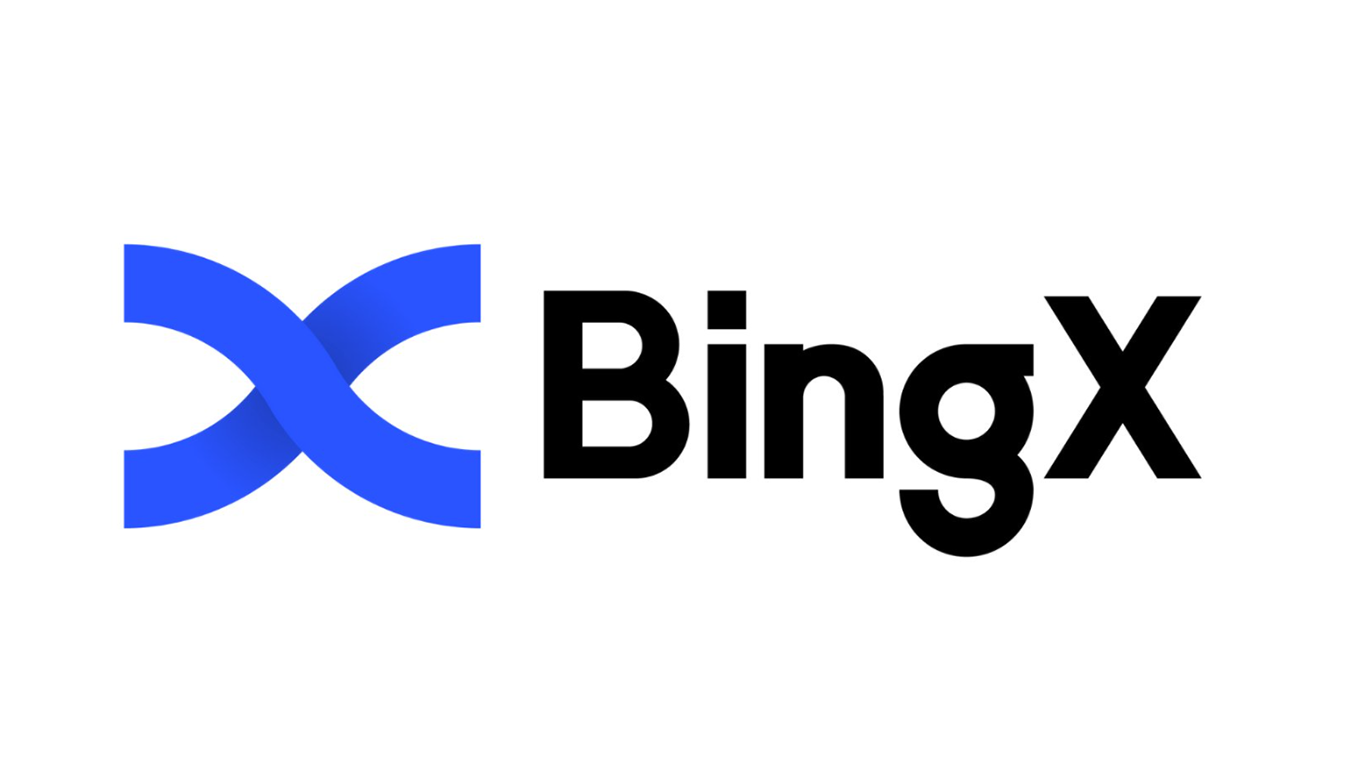
This aligns with BingX's mission to empower traders to make profitable decisions in the dynamic and often unpredictable crypto trading environment.
Related News
- 04:00 am

Salt Bank, Romania’s first digitally-native bank, has selected Engine by Starling, the Software-as-a-Service (SaaS) subsidiary of Starling Bank, to power its new retail bank. The deal is subject to approval by the local regulator (National Bank of Romania).
Salt Bank, previously known as Idea Bank, is based in Bucharest and is a subsidiary of Banca Transilvania Financial Group, the largest bank in Southeastern Europe.
Salt Bank has ambitions to disrupt banking in Romania by bringing a seamless digital user experience to millions of customers who want to do all their banking on their smartphones. Its app, which is expected to go live in 2024, will be available to individuals and businesses.
Engine’s proprietary, cloud-based banking platform will enable Salt Bank to serve the Romanian market with a wide-range range of digital banking services. The Engine technology was built to power Starling Bank, which has amassed more than 3.6 million customer accounts in the UK as of March 2023.
Using Engine’s SaaS capabilities, the partnership will give Salt Bank the ability to:
onboard customers digitally, manage accounts and provide savings products.
process payments and card transactions and manage and grow a portfolio of unsecured lending products.
manage operations via Engine’s proprietary operational portal, including functionality to support customer services, financial crime monitoring and prevention, payment operations, card operations, loan servicing and collections.
Gabriela Nistor, CEO of Salt Bank, said: “We have strong ambitions to disrupt the banking market in Romania by offering customers simple and seamless digital experiences.
“Engine provides a best-in-class platform that will fit into our digital strategy. We were impressed by Engine's success with Starling Bank in the UK, which has 3.6 million customer accounts and regularly tops the tables for providing the best customer experience.”
Sam Everington, CEO of Engine by Starling, adds: “With Engine, our goal is to bring our modern banking platform to financial services firms around the world. Our first client, Salt Bank, shares our vision for better banking. Together we plan to create the best user experiences for customers in Romania - just like Starling has done in the UK.”
Related News
- 08:00 am
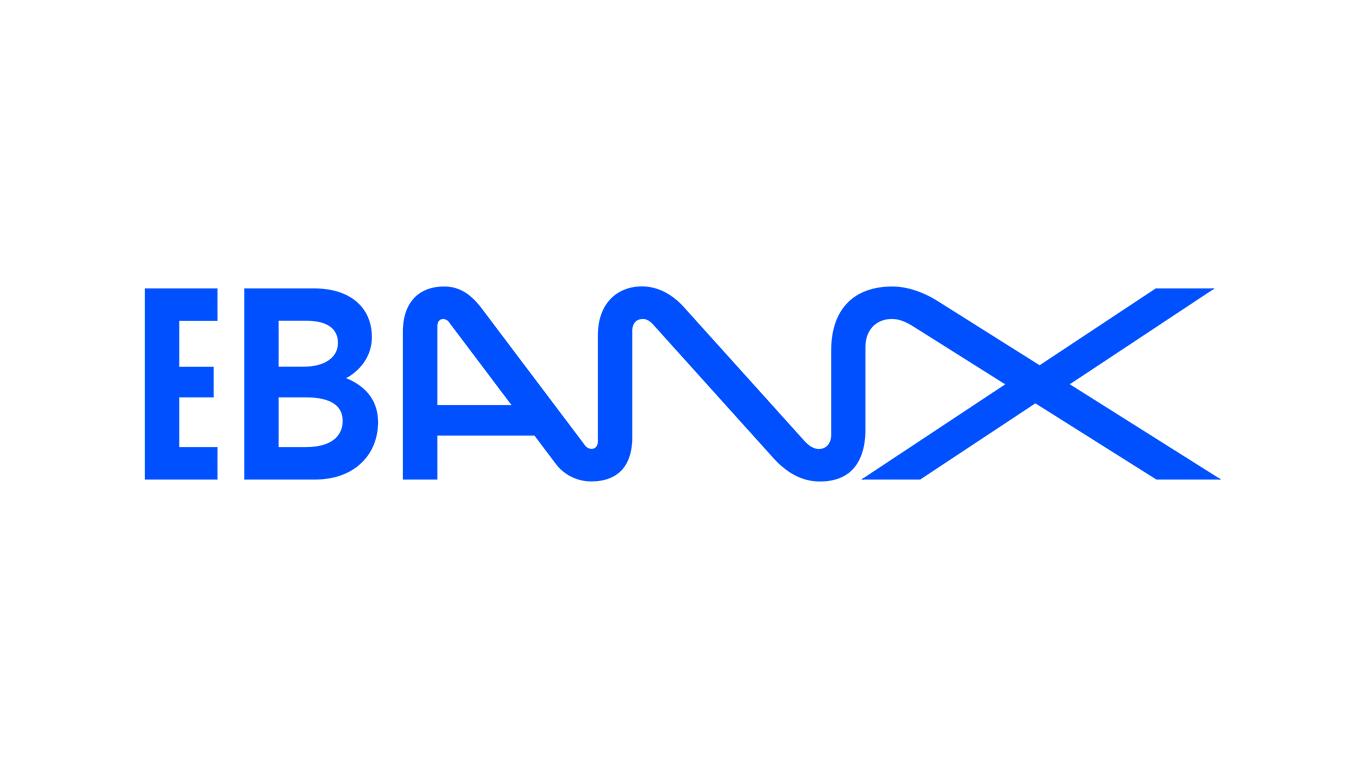
"We are solving the complexity of payments within an innovative business model," says Fabio Scopeta, Chief Product and Technology Officer of EBANX. "These launches and our global expansion demonstrate our commitment to adapting and delivering the best solutions to the markets we are serving. EBANX is driven by the challenge of maximizing the market potential in the regions where we operate and by the commitment to offer quality products, ensuring that our merchants can provide the best possible service to their customers."
"There is no one-size-fits-all fraud and risk solution for all Latin America, all Africa or all Asia. In the same way, there is not just one for all verticals. You need to consider consumer behavior, the fraudsters' modus operandi, the evolution of the payment methods and financial operations throughout history, and how they apply to different industries and different ticket values in each one of the countries across these regions," explained Juliana Borges de Campos, Global Director of Payment Operations at EBANX. "It is an ever-evolving field based upon particular contexts. EBANX has the local and deep expertise needed to keep up with it and to translate this constant evolution into better payment performance for the merchant," she added.
Related News
- 03:00 am
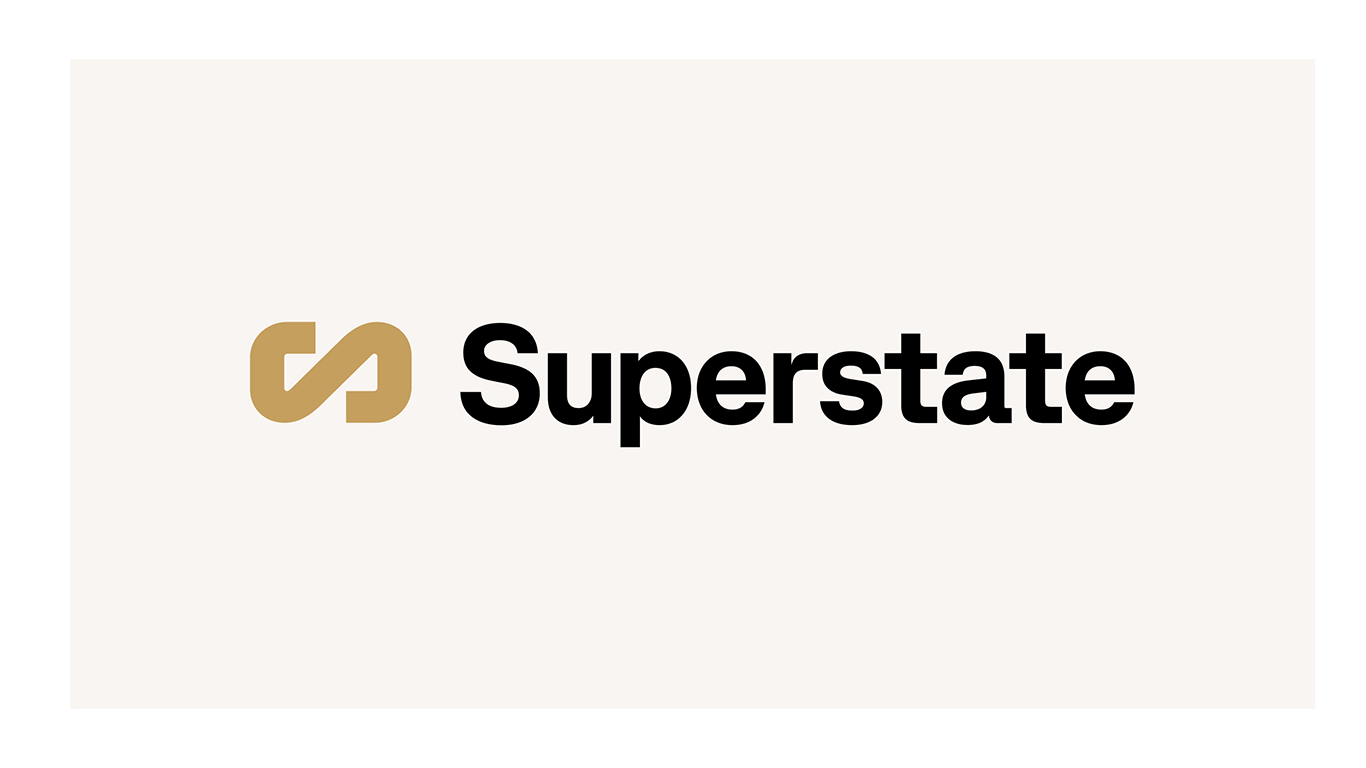
Superstate, an asset management firm modernizing the infrastructure of investment funds, today announced a $14m first close of their Series A financing. The capital will be used to expand their team, launch private funds to institutional investors, and create a framework for compliant, tokenized, publicly registered investment funds.
Superstate’s Series A was co-led by Distributed Global and CoinFund, with participation from Breyer Capital, Galaxy, Arrington Capital, Road Capital, CMT Digital, Folius Ventures, Nascent, Hack VC, Modular Capital, and Department of XYZ. Superstate previously raised a $4m Seed financing in June 2023 led by ParaFi, Cumberland, and 1kx.
“The future of investments are programmable, compliant, and transparent,” said Superstate Co-founder and CEO Robert Leshner, “To date, first-generation tokenized funds fall short; they either function within private blockchains, or exist in off-shore entities, removing access for U.S. investors. Superstate aims to bring on-chain advantages to U.S. investors.”
Superstate is developing regulated, self-custodied on-chain funds. These funds are designed to provide exposure to traditional assets via on-chain investment products, granting investors access to the speed, programmability, and compliance benefits of tokenization. The Firm's on-chain funds are designed to enhance investor experience with several key benefits:
Investor-Directed Ownership: Self-custodied assets allow investors to move and settle their funds quickly, freely, and bilaterally.
Next Generation Utility: Tokenized assets are programmable, and composable with on-chain contracts & applications. Automation and new use-cases are possible.
Transparent, Embedded Compliance: With an on-chain fund, compliance is enforced in real-time—not after the fact. Transactions are compliant by default.
In June 2023, a draft prospectus was filed with the U.S. Security and Exchange Commission to create the Superstate Short-Term Government Bond Fund. As drafted, the Fund will be an open-ended mutual fund with a secondary record of ownership, tracked on the Ethereum blockchain.
“Superstate’s approach to tokenization will bridge the gap between high-quality compliant financial products and the massive advantages and innovation DeFi is poised to offer to traditional finance,” said CoinFund Founder & CEO Jake Brukhman. “We're excited to be part of their journey as they innovate in the space of real-world assets.”
Related News
- 09:00 am
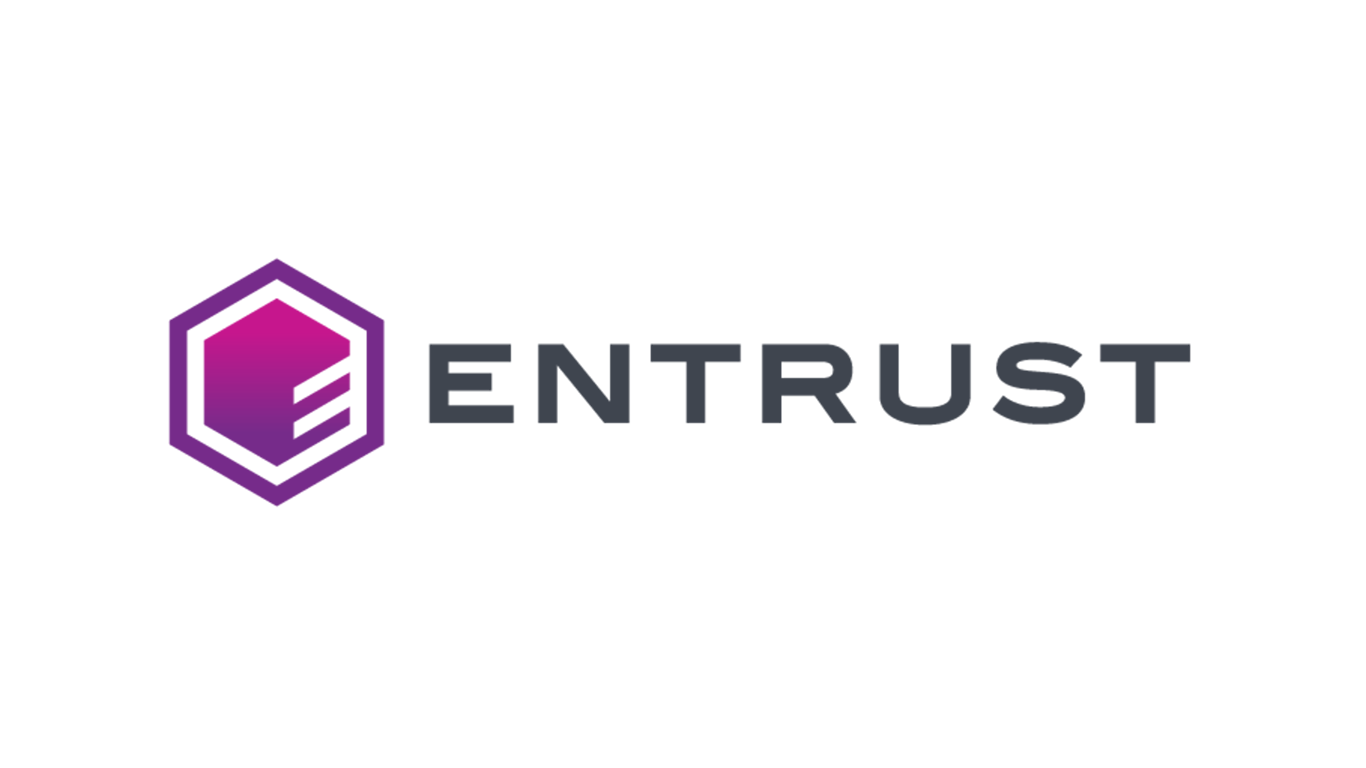
Entrust, a global leader in identity and data security, today announced Entrust Verified Signing, a comprehensive solution designed to raise the level of trust and assurance in vital digital transactions and agreements.
The Entrust Verified Signing solution integrates identity verification and identity and access management (IAM) with digital signatures to identify and authenticate people on both sides of digital transactions. The Identified Signing capabilities can be integrated into an organization’s existing business processes and workflows or be deployed as a turnkey electronic signature solution.
“In a recent survey by analyst firm IDC, 86% of IT decision makers said that they had invested in e-Signature software in the past year and 85% said that they planned to do so in the next 12-18 months. But identity has been a barrier to digitalizing in-person processes – how to maintain trust in the identity of parties on each side of a high-risk, regulated transaction without face-to-face interaction. Being able to verify the identity of both sides brings peace-of-mind and helps ensure compliance,” said Bhagwat Swaroop, President, Digital Security Solutions at Entrust.
The Verified Signing solution from Entrust enable identity authentication of people using multiple sources, including public eID schemes, corporate identities, ID cards or passports and digital certificates issued by a trusted certificate authority (CA) or Qualified Trust Service Provider (QTSP). By seamlessly integrating identity verification and access management with secure digital signing, Entrust provides organizations with critical identity assurance they need to help meet compliance requirements and deliver digital workflows for high-risk agreements like loans, mortgages, real estate, and more.
Recognizing the company’s position in the market, Entrust was recently named a Major Player in the 2023 IDC MarketScape Worldwide eSignature Software report. According to the report, “Entrust offers a complete, enterprise-grade e-Signature solution” and “Organizations should consider Entrust when they are seeking end-to-end identity and access management capabilities that are well integrated with an e-Signature solution and a broad range of enterprise applications.”
Entrust Verified Signing solutions are built on proven Entrust capabilities. The company is a leading Certificate Authority, an eIDAS Qualified Trust Service Provider (QTSP), a long-standing member of the Adobe-Approved Trust List (AATL), and a member of the Cloud Signature Consortium (CSC). The solution helps support compliance with state, country, and multi-national regulations such as the US E-Sign act and EU eiDAS. Entrust digital signing and identity and access management solutions are deployed successfully by banks, governments, enterprises around the world.
“With Verified Signing, Entrust is placing identity and security at the core of e-Signatures for a range of use cases that include high-assurance transactions as well as support for phishing-resistant identities with certificate-based authentication and the digital account onboarding process,” Swaroop said. “By leveraging Entrust expertise and innovation, organizations can deploy secure digital transactions with greater confidence, helping to mitigate fraud, improve customer and employee relationships, and increase operational efficiency, while aligning with key electronic signing industry standards.”
Related News
- 07:00 am

Capital Markets Gateway (CMG), a fintech firm modernizing the equity capital markets (ECM), today announced the expansion of its buy-side client advisory board (CAB). New additions include executives from Point72 and Durable Capital Partners LP. These leading institutions join a group of notable buy-side advisors to CMG that already includes Fidelity Investments, Franklin Templeton, T. Rowe Price, and The Vanguard Group.
The advisory board plays a crucial role in helping to shape CMG’s products and offers strategic guidance to CMG's leadership. As the CMG XC™ network continues to attract an increasing number of ECM constituents, the expansion of the advisory board is especially compelling as it consists of firms that are leveraging CMG solutions to achieve better outcomes.
"The expansion of the CMG CAB reflects a rising interest in advancing ECM and truly enhances the collective push for progress in the ECM sector," said Ben Batory, Head of Franklin Equity Group Trading. “We are pleased to support CMG in its mission to facilitate connectivity between the buy-side and sell-side on a common network, and we believe the ongoing collaboration among global investment managers on the CAB will continue to drive innovation in ECM.”
“Capital Markets Gateway (CMG) is an integral tool for us and has been at the forefront of bringing the ECM process into the 21st century,” said Brad Rhine, Head of ECM, at T. Rowe Price Investment Management.
“Our buy-side advisory board is composed of some of the most active ECM participants in the world and these institutions are familiar with the operational inefficiencies and challenges that are prevalent in the current equity offering process,” commented Brian Okupski, CMG’s Chief Commercial Officer. “The ideas and insights generated by our CAB members have shaped CMG’s product offerings, helping to make it the platform of choice within ECM. We are thrilled to add the unique perspectives of a world-renowned hedge fund and a focused equity growth investor.”
The expansion of the CMG buy-side advisory board coincides with recent platform enhancements, including full coverage of convertibles, greater breadth of real-time international ECM offerings, and the continued expansion of actionable market intelligence and analytics delivered via CMG’s DataLab™ product.
Related News
- 05:00 am

Flourish, a platform that provides innovative access to financial products that help registered investment advisors (RIAs) secure their clients’ financial futures, today announced that Flourish Cash, its cash management offering, has raised its already elevated FDIC insurance coverage through its Program Banks. The increased FDIC insurance coverage will allow two-person households to be eligible to receive up to $16M in FDIC insurance through a joint account and two individual accounts. Additionally, Flourish announced that clients have received more than $100M in interest so far in 2023, a milestone underscoring the remarkable growth of the platform, with assets more than tripling over the past 12 months.
Flourish continues to expand its Program Bank network to further increase the FDIC coverage offered to clients. Through its bank relationships, Flourish Cash clients are now eligible to receive up to $4M for individual, business, and nonprofit accounts and up to $8M for joint accounts. Two-person households can open a joint account plus two individual accounts for up to $16M in coverage. This marks the company’s fourth raise in FDIC insurance coverage year-to-date, following an increase last month. The company also offers a top tier annual percentage yield (APY) interest rate of 5.00% on the first $500,000 for an individual or business account and first $1,000,000 for a joint account.
“Cash should be every RIAs secret weapon to serve HNW clients,” said Max Lane, CEO of Flourish. “This year alone, Flourish has added 11 additional banks to our Program Bank network to further increase the FDIC coverage we are able to offer to our clients. Coupled with one of the highest interest rates in the market, Flourish Cash is a powerful tool for advisors."
Over 650 RIAs managing over $1.5 trillion in combined assets trust Flourish to bring more assets into their orbit. The Flourish platform allows advisors to feature their firm’s branding, obtain visibility into balances, statements, and tax documents—as well as access client-friendly materials, robust and customizable compliance resources, white-glove support, and more. RIAs can also incorporate their clients’ cash holdings into their core technology systems through integrations with major billing, reporting, and CRM providers.
Related News
- 08:00 am
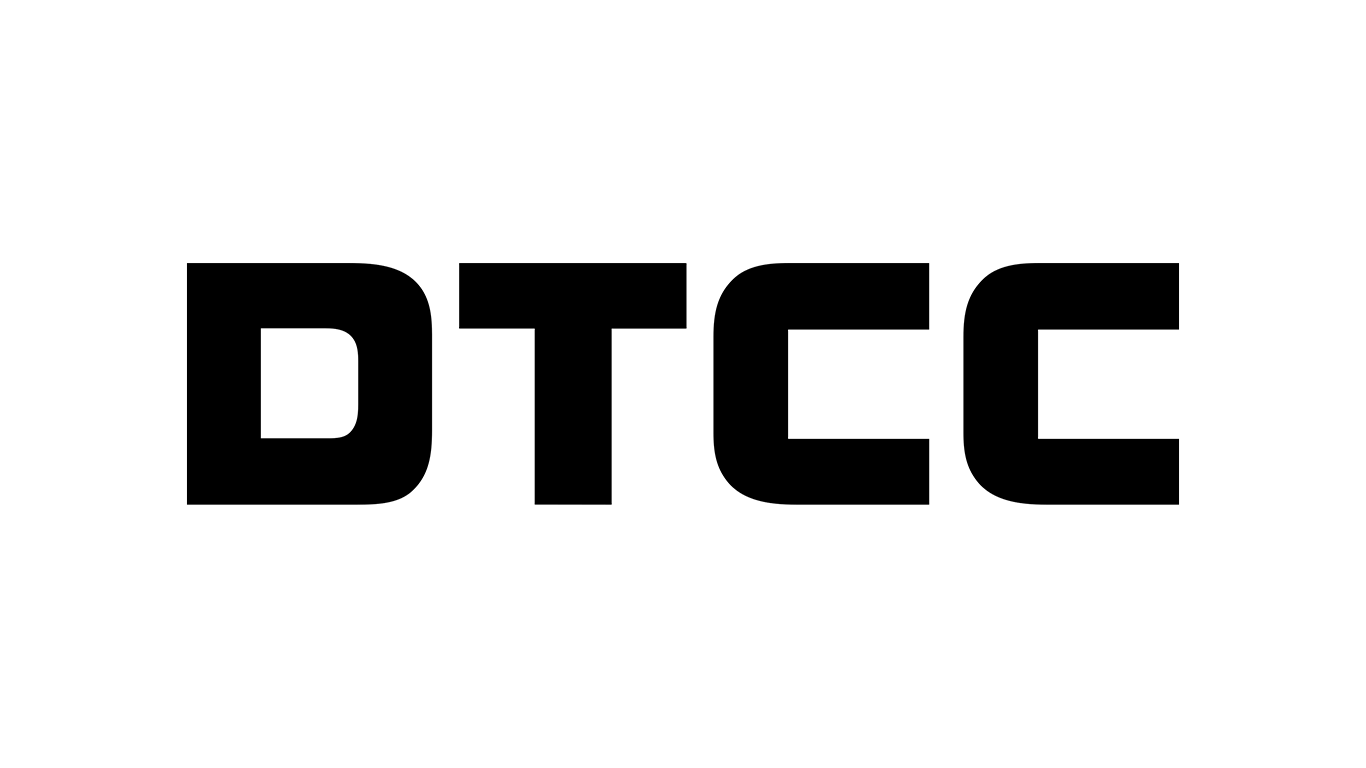
DTCC, the premier post-trade market infrastructure for the global financial services industry, today announced that DTCC ALERT, the industry’s largest online global database for the maintenance and communication of account and standing settlement instructions (SSIs), has reached a key milestone with over 15 million SSIs, including three million cash SSIs, now included in the service— a 50% increase since 2021. This growth comes at a critical time, as the U.S. moves to a T+1 settlement cycle in May 2024. Accurate, automated SSIs are key to the facilitation of accelerated settlement, as leveraging golden copy data limits discrepancies that could potentially cause failed or delayed trades.
In addition, DTCC has launched an ALERT API suite, providing market participants with an alternate way to request and receive SSI and market availability data in real time. Before the ALERT APIs, this data was traditionally accessed via web user interfaces. DTCC’s ALERT API suite includes two APIs:
- Real Time Settlement, enabling investment managers and their outsourcers to retrieve their own specific market, security and depository SSI for a specific account in real time, as well their broker/dealers' specific market, security and depository SSI.
- Ready to Settle, in support of client onboarding, enabling investment managers and their outsourcers to obtain a list of available market, security, depository (CSM) combinations for the investment manager account. Third parties can also pull this information on behalf of investment managers per account as well as on behalf of a broker dealers' permissioned investment manager account.
“As the industry prepares for the implementation of the T+1 settlement cycle in the U.S., we are pleased to see growing momentum in the adoption of ALERT as firms take advantage of the benefits of leveraging automated SSI data,” said Bob Stewart, DTCC Executive Director, Institutional Trade Processing. “We are also pleased to launch the ALERT API suite, providing flexibility and a new way for users to access critical SSI data. ALERT, and its automated SSI capabilities, is a key enabler of accelerated settlement cycles and reduced trade fails, and we look forward to continuing to enhance the service to meet evolving client needs.”
For over 30 years, ALERT has brought risk mitigation and increased post-trade efficiency to its users, with 53% of SSIs within the platform managed directly by source providers, such as global custodians and prime brokers. Through ALERT’s unique workflows, custodian banks and prime brokers maintain SSIs on behalf of their clients, further automating the maintenance of timely and reliable SSIs from source providers. ALERT users may also subscribe to SSI enrichment workflows for their use of CTM, DTCC’s automated central matching platform.
Today, the ALERT service includes a global community of 3,500 organizations.
Related News
- 01:00 am

Related News
- 02:00 am
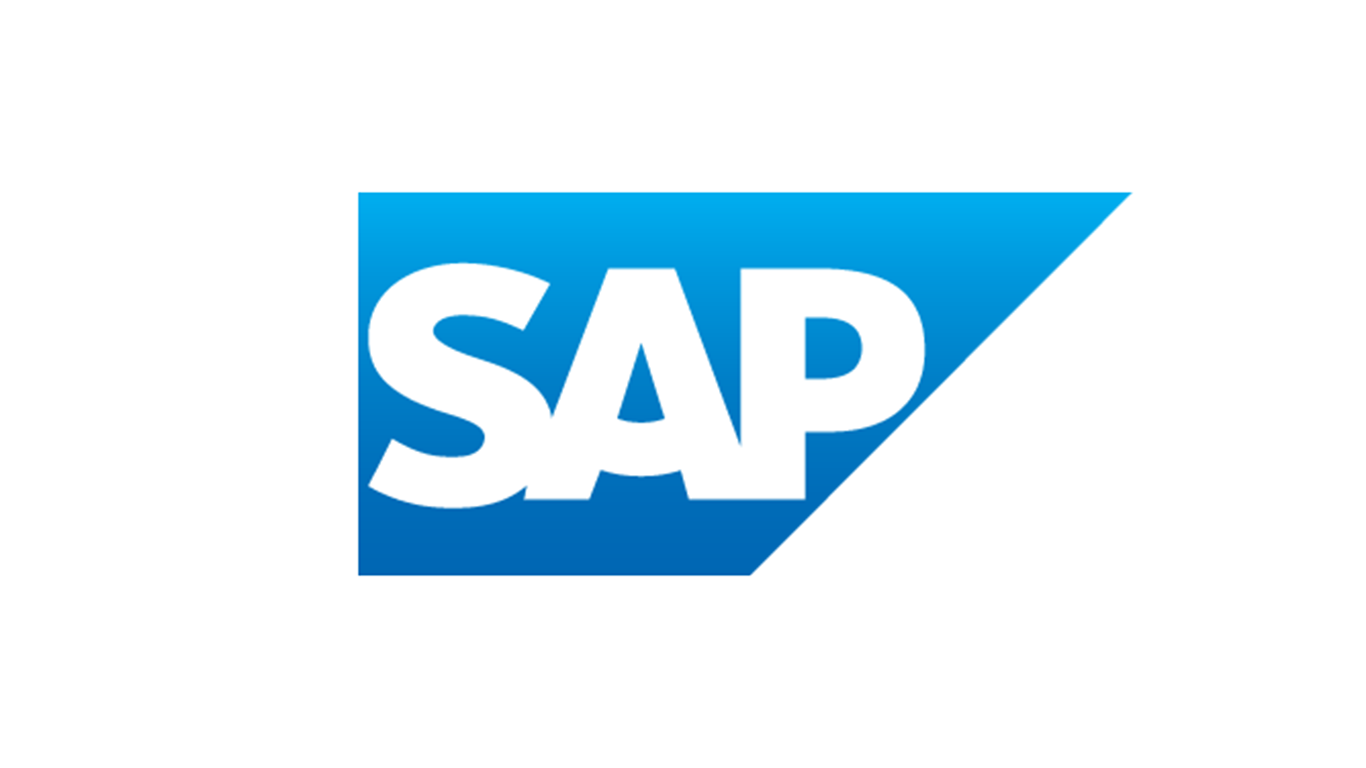
SAP SE today unveils the results of its annual Sustainability Report revealing that 8 in 10 (83%) UK leaders will maintain or increase their investment in sustainability action by 2026. Yet, despite these intentions, UK businesses continue to create their own barriers to environmental progress.
The global study of over 4700 business leaders, including over 300 from the UK, is the third edition of SAP’s annual Sustainability Study exploring the key motivations and challenges facing organizations looking to reduce environmental impact at scale.
It finds that while 31% of UK businesses say environmental action is already having a strong impact on revenue and profit opportunities, just 12% have assigned accountability for this work to the Chief Financial Officer (CFO). While almost one-in-three (28%) have difficulty proving return on investment, making long-term progress harder to prove and sustain.
Sustainability as a financial incentive, not burden
In the past, measures to safeguard the planet may have been seen as just a moral or ethical obligation but the business mindset is evolving and today, UK businesses are increasingly seeing the long-term financial benefits. In fact, almost two-in-five (37%) report that revenue and profit opportunities are a leading motivator for sustainability action.
Against a backdrop of inflation, supply chain issues and a rising cost-of-living, UK leaders are steadfast in their environmental commitments as they view sustainability action as a means to offset economic uncertainty. Now, over half (57%) of UK leaders expect to see a positive financial return on their sustainability investments within the next five years.
Commenting on the research, Renaud Heyd, Chief Financial Officer, SAP UKI said: “Our study shows that it’s time that finance leaders realise that having a solid sustainability action plan makes business sense. It is imperative to attract funding from investors who need to make their portfolio greener, and to get a competitive advantage as customers demand sustainable products throughout the supply chain. As taking steps to improve the planet becomes more than just an ethical question, and UK leaders see long-term material gains, CFOs have the authority and expertise to champion the environmental roadmap.”
Building their own sustainability barriers
Yet, despite the link between environmental action and long-term revenue generation, SAP’s research shows that UK businesses are not involving finance leaders in taking sustainability actions and this is holding back progress.
Currently, just 5% of businesses have assigned responsibility for setting the strategic direction on sustainability action to their organisations CFO. Instead, it falls to an array of other leaders, including the Board of Directors (25%), CEOs (21%), Chief Sustainability Officers (15%) and Chief Operating Officers (10%). The study suggests this approach isn’t working to translate the economic value of sustainability progress across the business. As many as 38% of UK businesses cite funding issues as one of the top five barriers to taking sustainability action, while 20% cannot get the support from senior stakeholders to take concerted action.
Falling into the measurement trap
Matters are made worse for UK businesses who continue to find that measurement is a stumbling block to progress, and ultimately economic returns.
Just 37% can track scope 1 emissions (greenhouse gas emissions produced directly) to a ‘strong degree’, while 10% are not able to track scope 3 emissions (those produced indirectly across the supply chain) at all - causing many leaders to rely on estimates or ‘gut feel’ when disclosing environmental impact. UK leaders are also struggling to adopt a standardised reporting framework, with over one third having no consistent methodology for calculating the environmental impact of their products.
This is being further exacerbated by the use of conflicting measurement methods for reporting. While leaders are overwhelmingly using direct measurement to track energy emissions (83%), resource availability (82%), fresh water availability (75%), solid waste (74%) and materials use (73%), they rely upon guesswork and estimates for air pollution (83%), nature loss (78%), supply chain impact (69%) and water pollution (60%). This is leading to almost nine in 10 (89%) reporting difficulty with gathering or analysing data for regulatory compliance, at a time when UK leaders are already having to navigate an assortment of changing regulations, taxes and levies associated with carbon footprint.
Stephen Jamieson, Global Head of Circular Economy Solutions, SAP said: “In a climate where stricter regulations are now requiring businesses to disclose environmental impact, leaders who cannot accurately report this data risk allegations of greenwashing, and fines and reputational damage. Focusing on implementing a standardised reporting framework will ensure businesses are substantiating their green credentials, getting measurement right, and setting in motion steps that will directly lead to long-term impact. Organisations can use this data to redesign products, reuse materials, reduce waste and regenerate natural systems across the supply chain – in effect, powering the circular economy.
“Our portfolio means we are well-equipped to support businesses and ensure they are in the best possible position to navigate these challenges in the years ahead. This will allow leaders to unlock further investment, reap the financial rewards of taking sustainability action, comply with changing regulatory requirements, and reach net zero in the future.”
Commenting on the research, Edward Manderson, Lecturer in Environmental Economics at the University of Manchester, said: “The connection between sustainability action and financial performance will play a critical role in shaping environmental progress in the future. Over the last few years, academic literature has shown that firms benefit financially from sustainability measures, and SAP’s research demonstrates that this is indeed a reality for businesses who are looking to recover fast from the pandemic environment. As this research shows, business strategy and sustainability action are now so intertwined that there is simply no excuse for organisations if they fail to address shortcomings in their environmental performance and enact meaningful change.”
For more information about SAP’s Sustainability Report 2023, click here.
Visit the SAP News Centre. Follow SAP on Twitter @SAPNews









